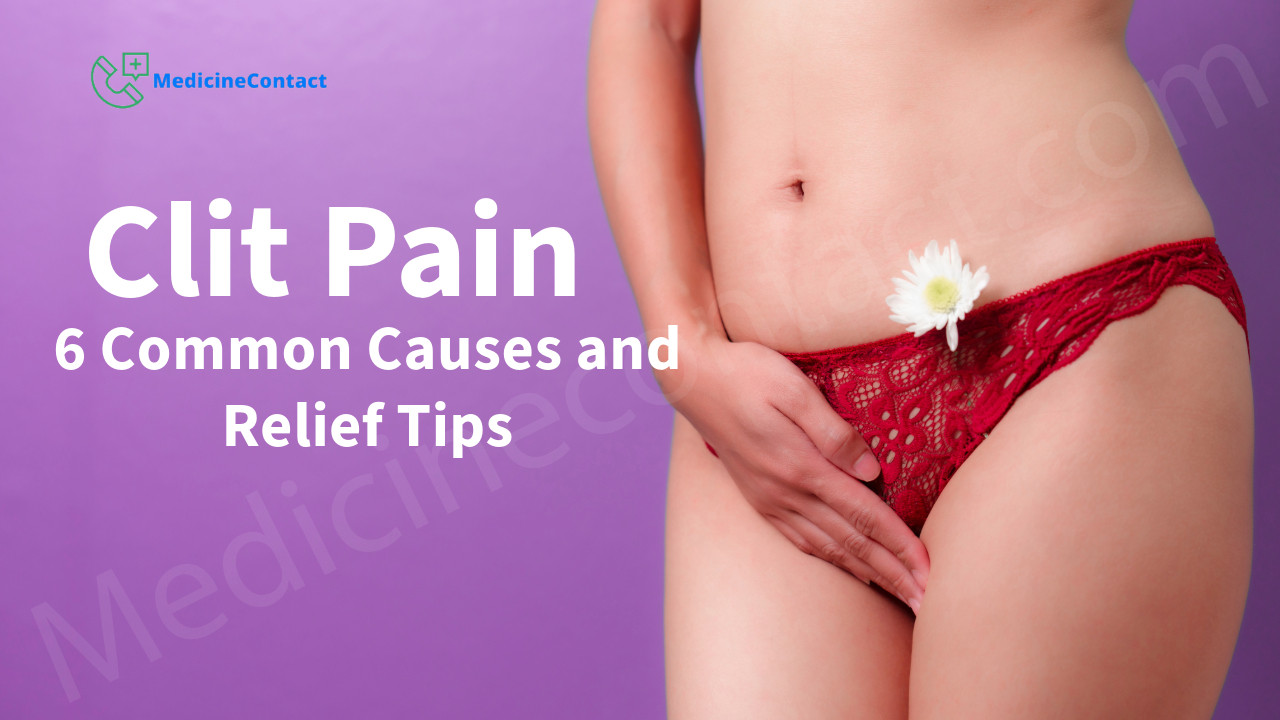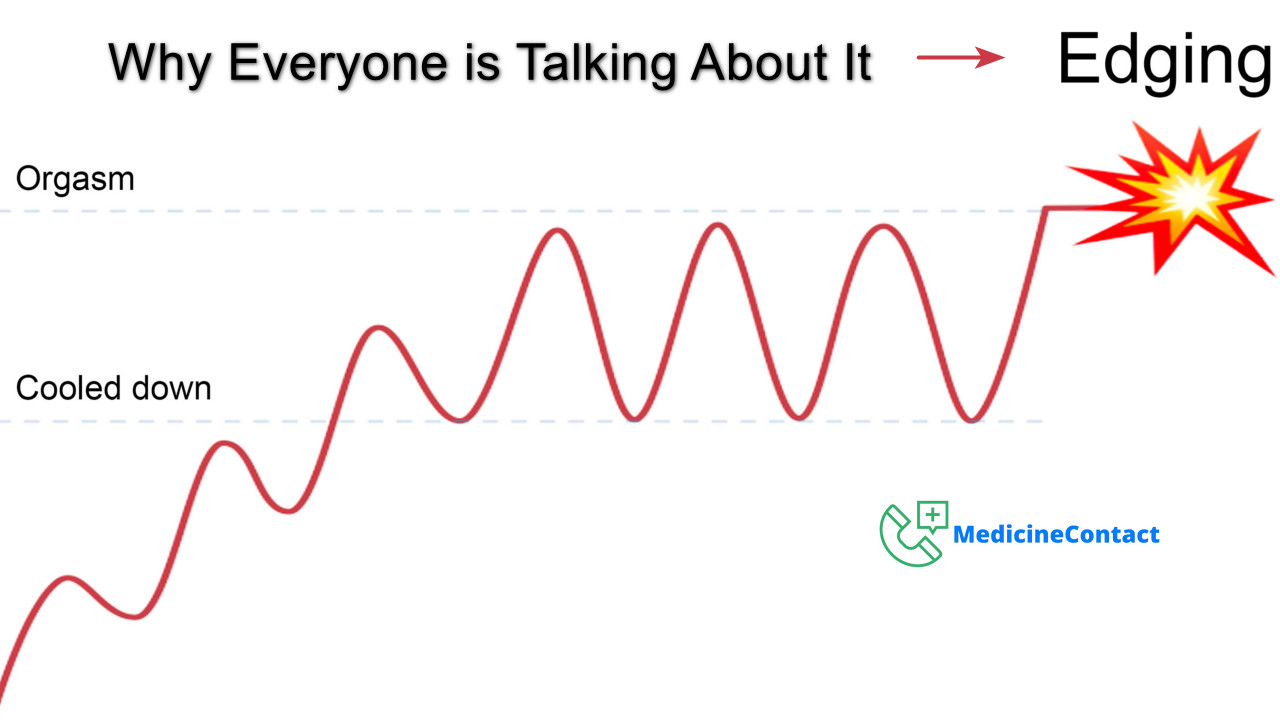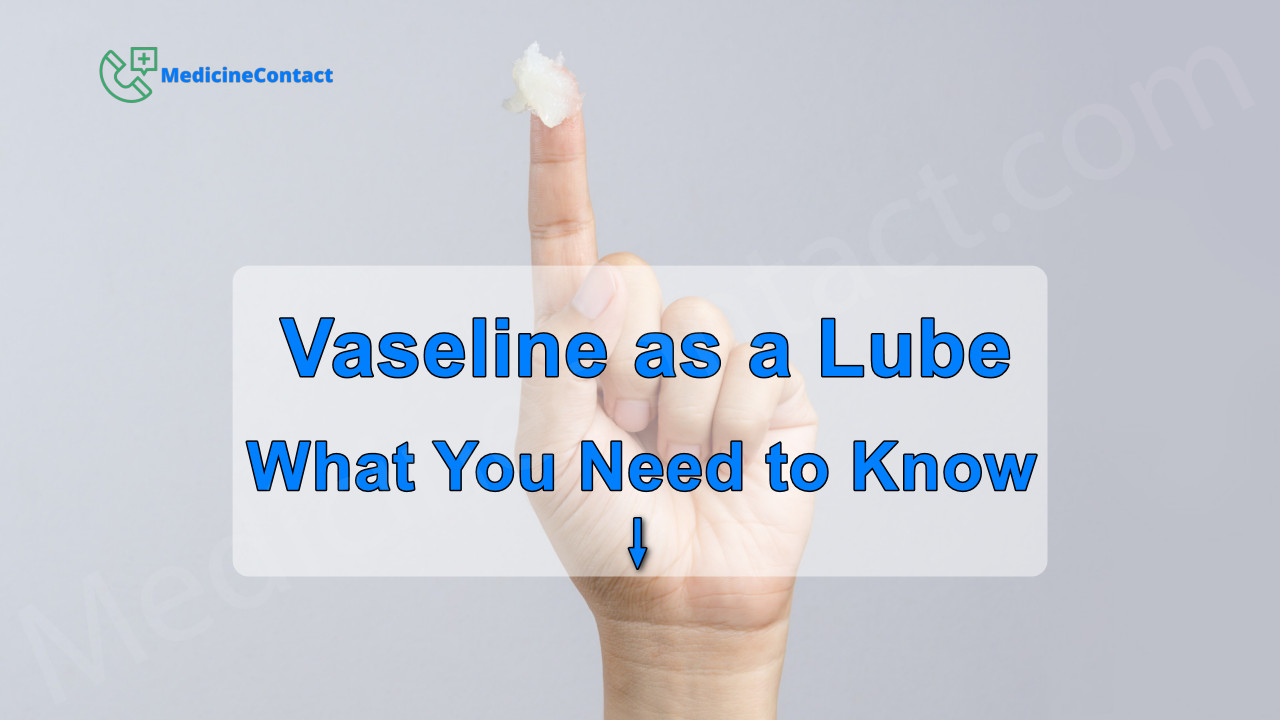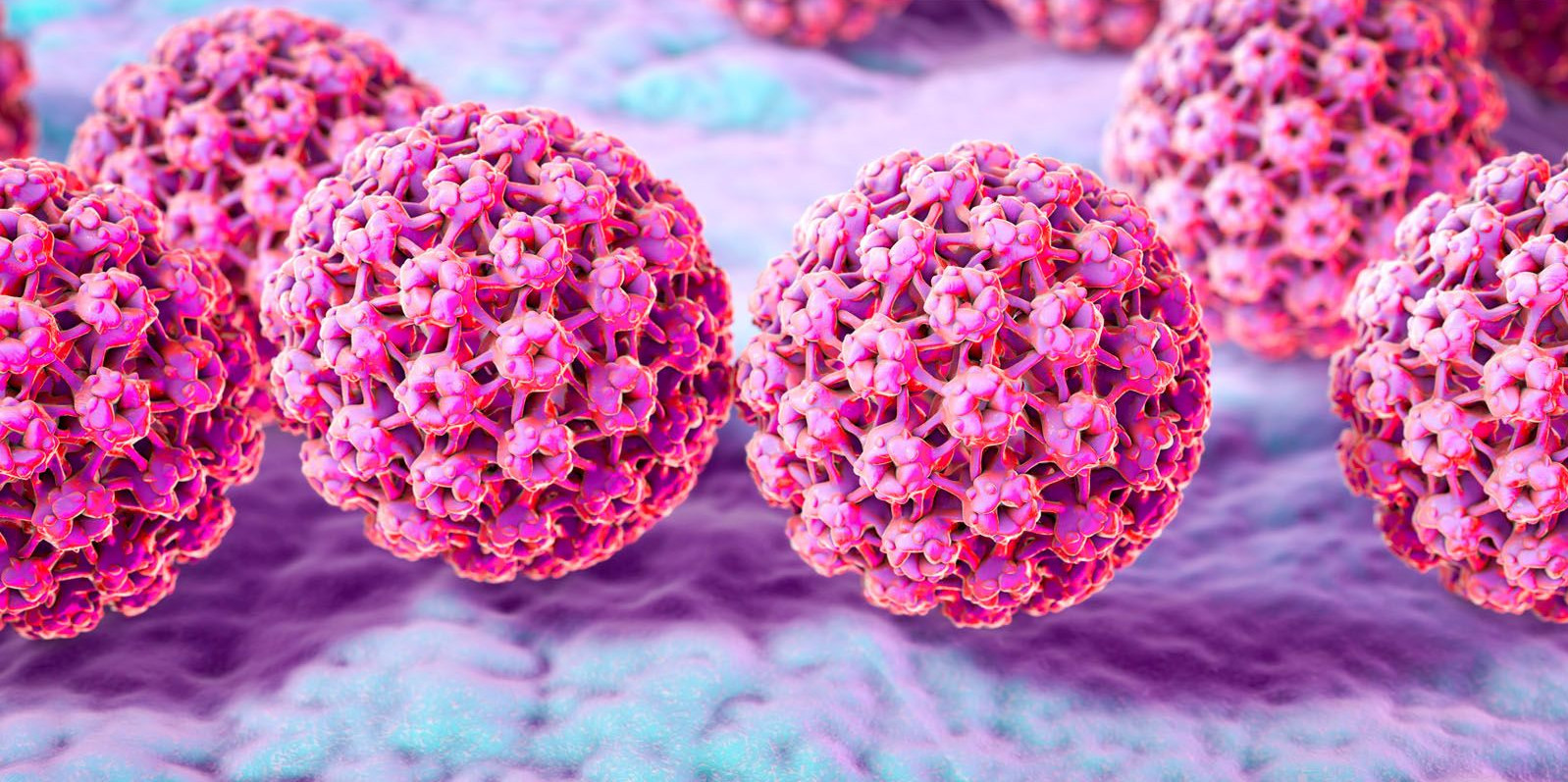
What is Cryselle Birth Control?
Cryselle is a popular combined oral contraceptive pill used to prevent pregnancy. It contains the synthetic estrogen ethinyl estradiol and the progestin norgestrel as the active ingredients to prevent ovulation.
How Cryselle Works
As with other combination birth control pills, Cryselle works by:
- Stopping ovulation so no eggs are released
- Thickening cervical mucus making it harder for sperm to enter the uterus
- Thinning the uterine lining to prevent implantation
These combined actions make pregnancy very unlikely as long as the pill is taken properly at the same time daily.
Effectiveness
With perfect use, Cryselle is 99% effective at preventing pregnancy. This drops slightly to around 92% effective with typical use accounting for missed pills or inconsistent timing.
Cryselle remains one of the most reliable reversible birth control options outside of long-acting methods like IUDs or implants which don't require daily administration for pregnancy protection.
When to Consider Stopping Cryselle
There are many reasons someone may choose to stop taking Cryselle or other hormonal contraceptives. These include:
Desire to Get Pregnant
Cryselle prevents ovulation and thickens cervical mucus to hinder sperm passage into the uterus, so stopping Cryselle is the first step for those looking to conceive.
Troublesome Side Effects
Some women experience unpleasant side effects from Cryselle like nausea, breast tenderness, headaches, mood changes, or altered sex drive. Stopping use may relieve these hormone-related symptoms.
Safety Concerns
Rarely, those genetically predisposed for blood clots or high blood pressure may face increased health risks from combination birth control pills. Providers may advise stopping Cryselle based on emerging risk factors.
Cost Barriers
Lacking prescription drug coverage, Cryselle's costs could become prohibitive over time, leading some women to halt usage.
Preference for Non-Hormonal Methods
Some stop Cryselle seeking alternatives like copper IUDs or condoms to avoid synthetic hormone intake long-term.
How to Safely Stop Taking Cryselle
Never stop Cryselle abruptly without guidance! Follow these steps for safe Cryselle withdrawal:
Step 1: Talk to Your Healthcare Provider
Schedule a medical appointment to discuss reasons for stopping and develop a withdrawal plan accounting for your reproductive goals and health needs.
Step 2: Select New Contraception if Needed
If stopping Cryselle to get pregnant, no new contraception is required. But if halting Cryselle while still wishing to prevent pregnancy, choose new protection like condoms before completely stopping pills.
Step 3: Gradually Taper Off Cryselle
Suddenly discontinuing combination pills can trigger adverse withdrawal effects. So providers recommend gradually tapering Cryselle over several cycles—first by skipping placebos then reducing pill intake week-by-week.
Step 4: Initiate New Birth Control Method
If switching contraceptive methods, start the new technique like an IUD or implant only after fully stopping Cryselle to avoid interactions or unintended pregnancy risk.
What to Expect When Quitting Cryselle
The effects of withdrawing from Cryselle can vary significantly between individuals. However, possible changes to expect include:
Menstruation Changes
It takes time to regain natural cycles after stopping oral contraceptives. Expect more irregular, heavier, cramp-filled periods initially post-Cryselle as the uterus adjusts.
Fertility Return
Healthy ovulation and sperm penetration capability returns rather quickly in most women after quitting Cryselle. Chance of pregnancy ramps up substantially by the very first post-pill menstrual cycle for most.
Skin Changes
Cryselle withdrawals could trigger acne flares or increased facial oil production as hormone levels shift and androgen rebound occurs.
Mood Shifts
Some former Cryselle users report anxiety, depression, irritability and emotional sensitivity when adjusting to hormonal changes after discontinuation, particularly if tapering too rapidly.
Headaches
Transitions in estrogen can precipitate headaches or migraines in those prone as the body adapts to changing hormone levels while stabilizing.
Managing Post-Pill Symptoms
Utilize these tips to ease discomforts that may emerge when transitioning off Cryselle:
Tell-Tale Signs
Monitor energy, mood, skin changes, and cycle patterns. Tracking symptoms helps identify persisting issues requiring medical attention versus temporary annoyances that improve over 2-3 cycles.
Stress Reduction
Relaxation practices like yoga, meditation, massage, and sufficient sleep help combat stress making post-pill adjustments more tolerable.
Healthy Lifestyle Choices
Nutritious anti-inflammatory diets, regular exercise, and drinking adequate water facilitate better hormonal balance and post-pill stabilization.
Targeted Symptom Relief
OTC pain relievers, menstrual aids, acne washes, and supports like oral contraceptives can ease period problems, skin flares, headaches and other issues emerging post-Cryselle.
When to Seek Medical Care for Post-Pill Problems
While some transient discomfort post-Cryselle is expected, prompt medical assistance is warranted if experiencing:
- No period return after 3 months
- Heavy bleeding/cramping interfering with work or life
- Worsening mood beyond temporary sadness
- Significant hair loss or skin changes
- Persistent severe headaches
- Other symptoms causing concern
Further evaluation of lingering hormone imbalances may be required in difficult cases to get periods, hormones and health back on track after stopping Cryselle.
Talk to Your Provider About Post-Pill Options
Whether quitting Cryselle to try conceiving or to change contraceptive techniques, maintain open communication with your healthcare provider throughout the transition process. Report any persisting struggles so they can offer post-pill treatment guidance or modify the withdrawal plan for better outcomes. With close monitoring and symptom support, most women can safely stop Cryselle when desired and feel healthy again soon after finishing their last pill pack.
FAQs
How soon after quitting Cryselle can I get pregnant?
Fertility typically returns rather quickly after stopping Cryselle, with chance of conception rising substantially again by the first or second post-pill menstrual cycle. However, those not getting regular periods several months after discontinuing Cryselle should see their doctor.Will my periods be worse after I stop taking Cryselle?
Yes, it's common to experience more painful, heavy, unpredictable periods for the first 2-3 cycles after quitting Cryselle before the uterus adjusts and regains its natural rhythm. Using heating pads, menstrual cups, and cramp relief medication can help manage this temporary discomfort.Do I need to wean off Cryselle slowly?
Yes, suddenly stopping combination birth control pills like Cryselle can trigger headaches, mood shifts, and other withdrawal effects. Providers advise tapering use slowly over several weeks/cycles before fully quitting Cryselle to enable an easier adjustment.Can I start a new birth control method right after Cryselle?
No, it's best to allow the synthetic Cryselle hormones to fully leave your system before initiating a new technique like an IUD or implant. Using dual contraception too soon increases health risks. Use condoms as a bridge before starting another method.Disclaimer: This article is for informational purposes only and does not constitute medical advice. Always consult with a healthcare professional before starting any new treatment regimen.




